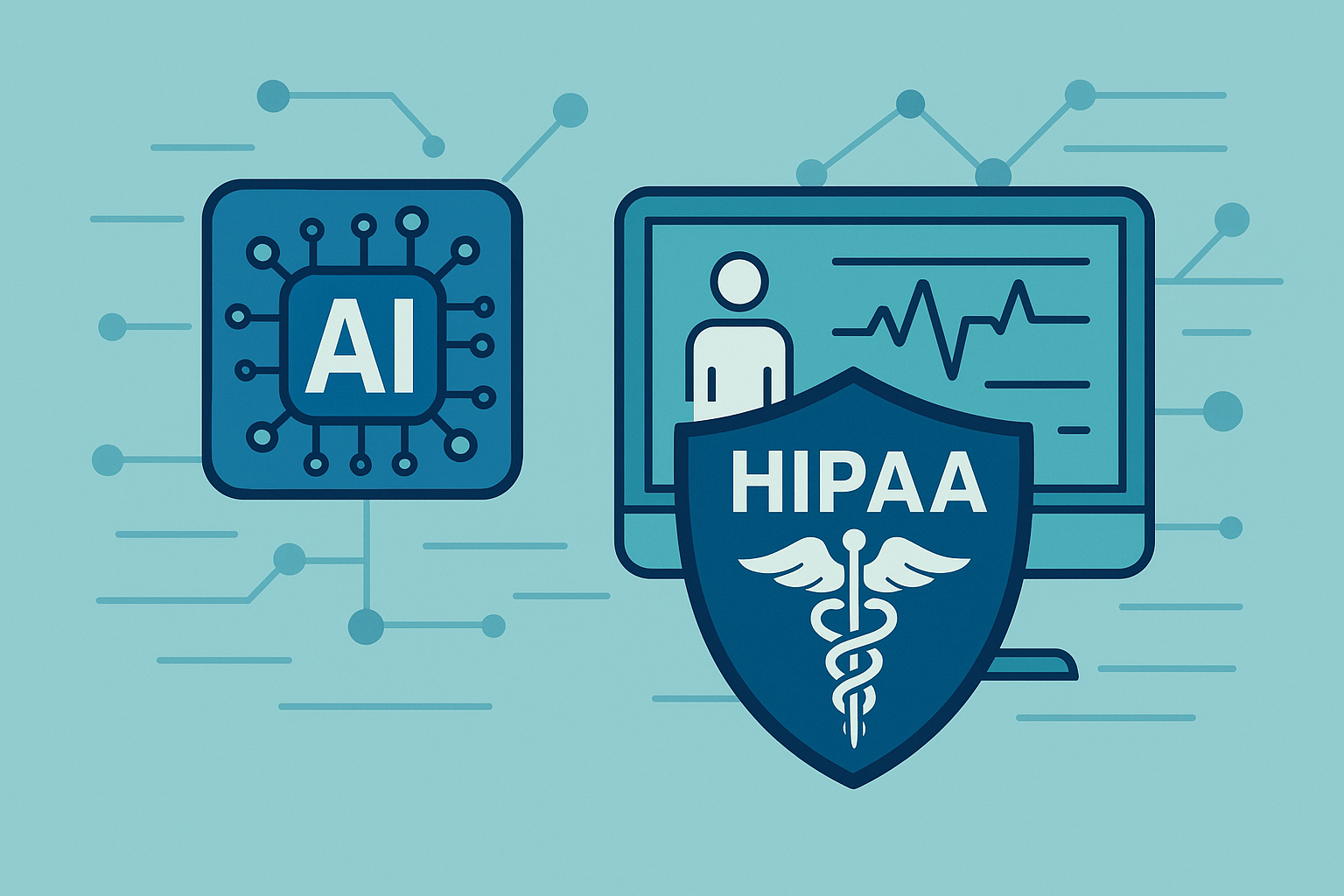
Healthcare providers face a unique challenge: implementing AI agents that improve patient care and operational efficiency while maintaining strict HIPAA compliance. This comprehensive guide shows how leading healthcare organizations successfully deploy AI agents without compromising patient privacy or regulatory compliance.
1Understanding HIPAA Requirements for AI Implementation
HIPAA compliance in AI systems requires careful attention to data encryption, access controls, audit trails, and staff training. AI agents must be designed with privacy-by-design principles, ensuring patient data is protected at every stage of processing. This includes implementing proper safeguards for data storage, transmission, and disposal.
2Secure AI Architecture for Healthcare
Our HIPAA-compliant AI agents use end-to-end encryption, role-based access controls, and secure API protocols. Data processing occurs in certified secure environments with comprehensive logging and monitoring. Patient data never leaves approved systems, and all interactions are fully auditable for compliance reporting.
3Patient Scheduling and Communication Automation
AI agents can automate appointment scheduling, send HIPAA-compliant reminders, and handle routine patient communications while maintaining full privacy protection. These systems integrate with existing EMR platforms and follow strict protocols for patient identification and data handling.
4Clinical Documentation and Workflow Support
AI agents assist healthcare providers with clinical documentation, reducing administrative burden while ensuring accuracy and compliance. They can help with medical coding, generate clinical summaries, and flag potential issues for provider review, all while maintaining complete audit trails.
5Telehealth and Remote Patient Monitoring
AI agents enhance telehealth platforms by providing intelligent triage, symptom assessment, and patient monitoring capabilities. These systems ensure secure video conferencing, encrypted data transmission, and proper patient consent management for remote care delivery.
6Results: Improved Care and Operational Efficiency
Healthcare providers using our HIPAA-compliant AI agents report 95% improvement in patient satisfaction, 60% reduction in administrative tasks, 40% faster appointment scheduling, and 85% improvement in documentation accuracy. Most importantly, they maintain 100% HIPAA compliance with zero security incidents.
7Best Practices for Healthcare AI Implementation
Successful healthcare AI implementations require thorough risk assessments, staff training programs, regular security audits, and continuous monitoring. Organizations should start with low-risk applications and gradually expand AI capabilities while maintaining strict compliance protocols.
Key Takeaways
- HIPAA-compliant AI agents are possible with proper architecture and security protocols
- End-to-end encryption and role-based access controls are essential for healthcare AI
- AI can automate scheduling, communication, and documentation while maintaining privacy
- Telehealth and remote monitoring benefit significantly from AI-powered enhancements
- Healthcare providers see 95% patient satisfaction improvement with compliant AI systems
Ready to Get Started?
Ready to implement HIPAA-compliant AI agents in your healthcare organization? Our specialized healthcare AI solutions ensure full compliance while delivering measurable improvements in patient care and operational efficiency. Schedule your consultation today.
Related Topics
#Healthcare#HIPAA#Compliance#Patient Care